

Революция в индустрии трафаретной печати благодаря передовым технологиям и качественному обслуживанию
Anatol Equipment Manufacturing Co.
1429 S Shields Dr
Waukegan, IL 60085


Революция в индустрии трафаретной печати благодаря передовым технологиям и качественному обслуживанию
Anatol Equipment Manufacturing Co.
1429 S Shields Dr
Waukegan, IL 60085
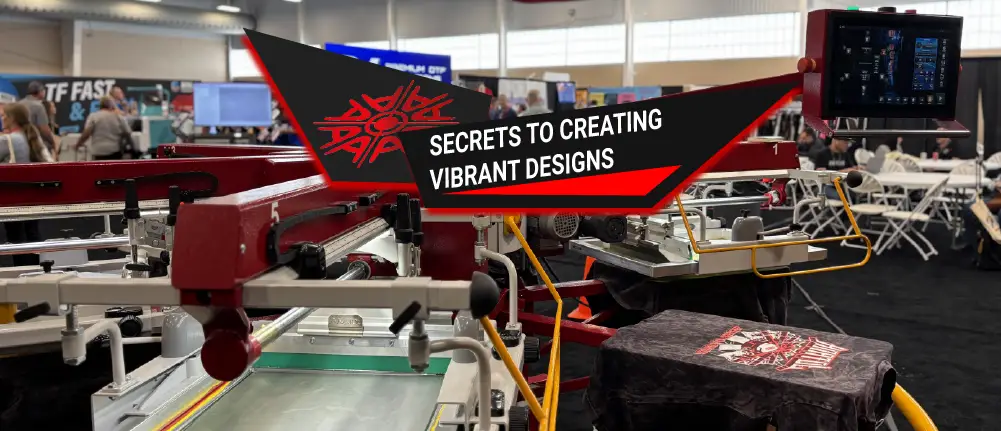
High density printing is a unique screen printing technique that creates bold, raised, and vibrant designs with a premium look. By applying thick layers of ink, it delivers long-lasting colors, tactile appeal, and eye-catching graphics. Discover how this method helps brands and designers produce unforgettable apparel with maximum visual impact.
Читать далее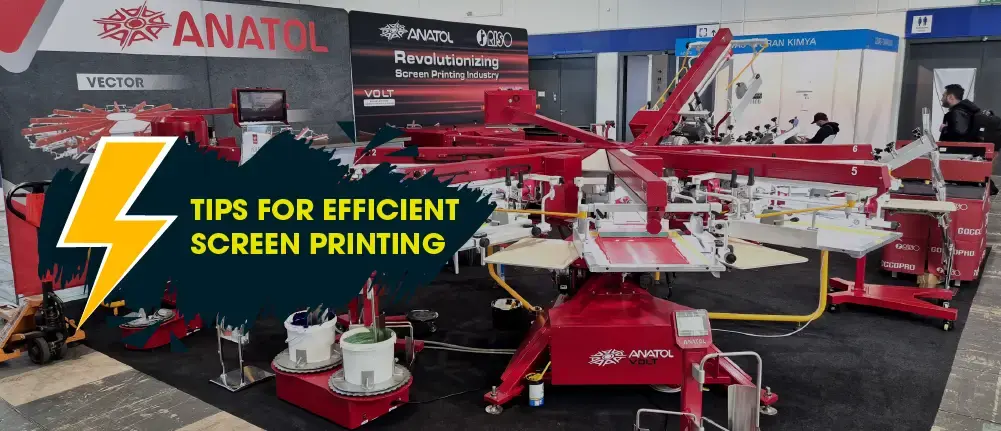
Discover how to boost your screen printing speed without sacrificing quality. From choosing the right equipment and inks to streamlining setup, curing, and team training, these practical tips help you achieve faster turnaround times while keeping prints sharp and professional.
Читать далее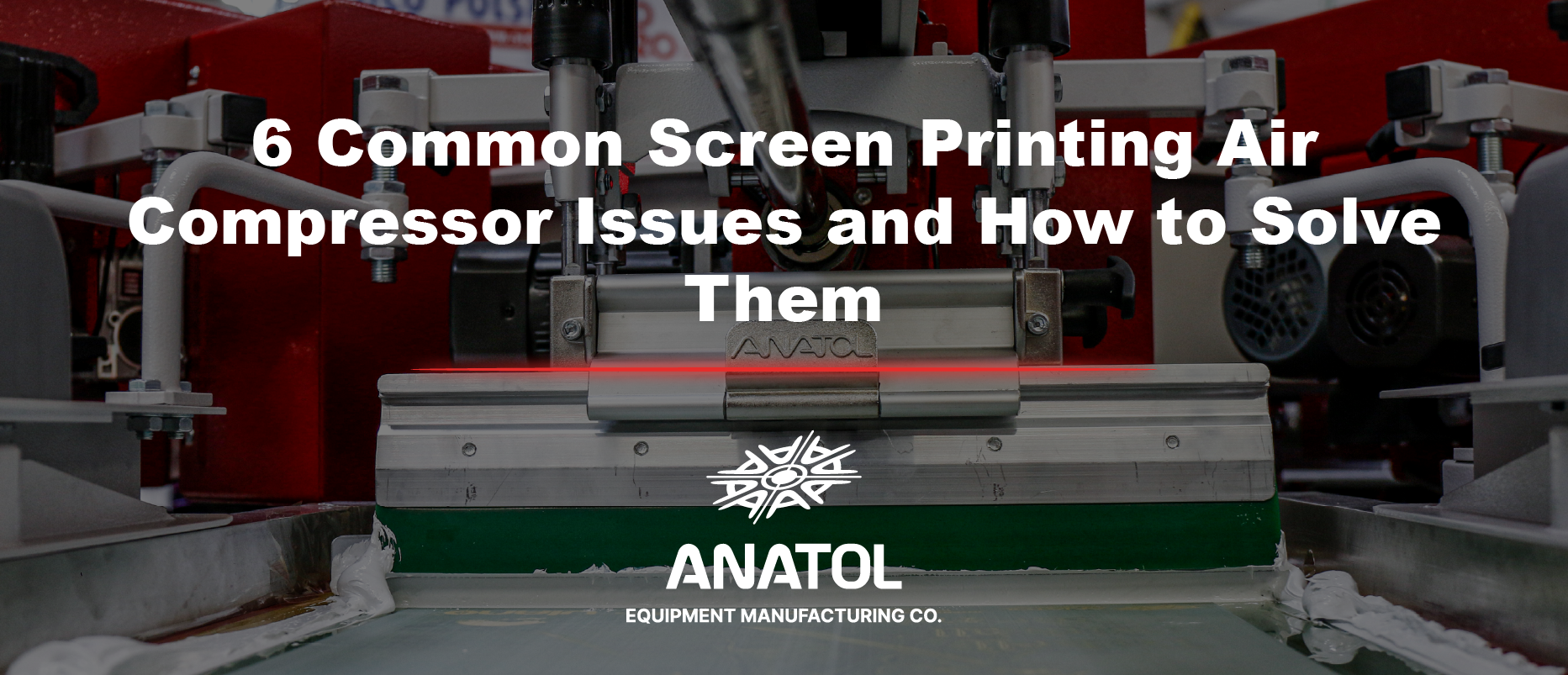
Air compressors and pneumatic systems are essential for many screen printing shops. They power automatic presses and other equipment to keep production efficient. However, issues such as low air pressure, moisture buildup, and air leaks can interrupt your work, reduce print quality, and increase maintenance costs. In this guide, we will review six common air […]
Читать далее
Manual or automatic screen printing machine, flash cure unit, conveyor dryer, exposure unit, screens, squeegees: You know all of the major screen printing equipment you need to get your business up and running. Beyond those basics, there are plenty of tools you can use to help you run your shop more smoothly and efficiently and […]
Читать далее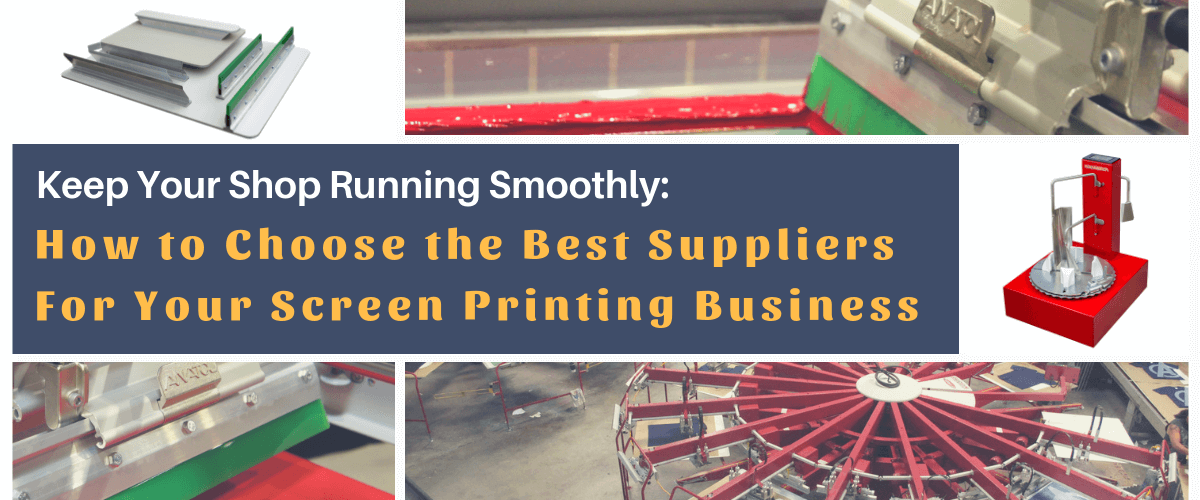
To succeed in your screen printing business, you need to meet your customers’ demands. You need to be able to provide your customers with quality screen printing, delivered on time — that doesn’t only require screen printing equipment, but also a wide variety of supplies, from squeegees, screens and adhesive to ink, emulsion and reclaiming […]
Читать далее
Halloween is the perfect time to experiment with special effects inks, especially glow-in-the-dark ink. Glow-in-the-dark ink is a fun addition to any Halloween-themed design, but it also works great year round as an interesting accent or safety feature, or as an element for evening events like nighttime “glow” runs. As far as special effects inks […]
Читать далее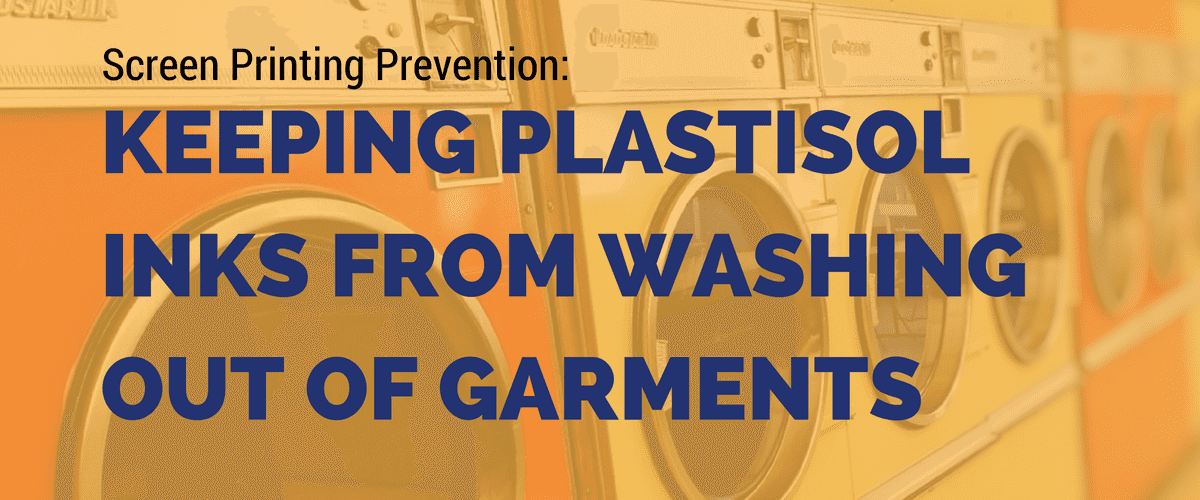
It’s a scenario straight from a screen printer’s worst nightmare: You send a full order of high-quality, crisp t-shirts out the door. Days pass or even weeks, and suddenly you have an unhappy customer demanding to return the order because your perfectly laid prints are now washing out of the garments.
Читать далее
Plastisol is favored by screen printers for its ease of use. Nevertheless, there are some problems that can crop up when you’re screen printing with plastisol ink. Here is our list of the top 10 most common problems associated with plastisol screen printing and how to solve them. Problem 1: Prints that wash away If […]
Читать далее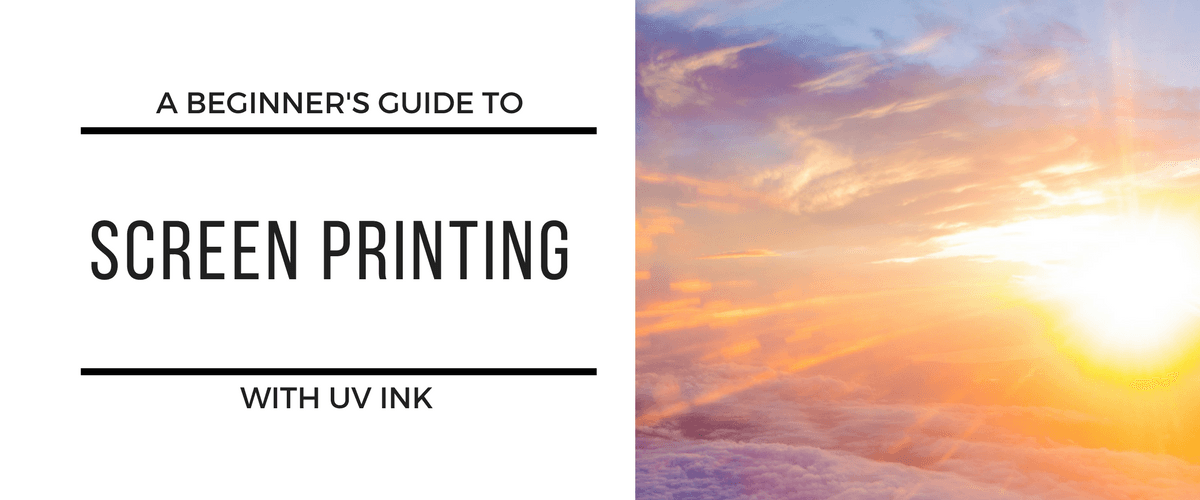
UV inks have been on the market for screen printers since the 1970s. They’ve grown in popularity as manufacturers have worked out product kinks and printers have learned the best applications and methods for UV inks. Screen printers who have been working primarily with garments — or those who are just getting started in screen printing — might be new to the world of UV inks.
Читать далее
For most screen printers, liquid emulsion is the preferred tool for coating screens to make stencils. There is an alternative that’s often overlooked and undervalued: capillary film. Capillary films are sheets of hardened emulsion on a polyester backing. The emulsion side of the film is applied directly to a wetted mesh screen. The emulsion forms a firm bond with the mesh as it dries, and the backing is peeled away. From there, the printer can expose a stencil much as they would a screen coated with liquid emulsion.
Читать далее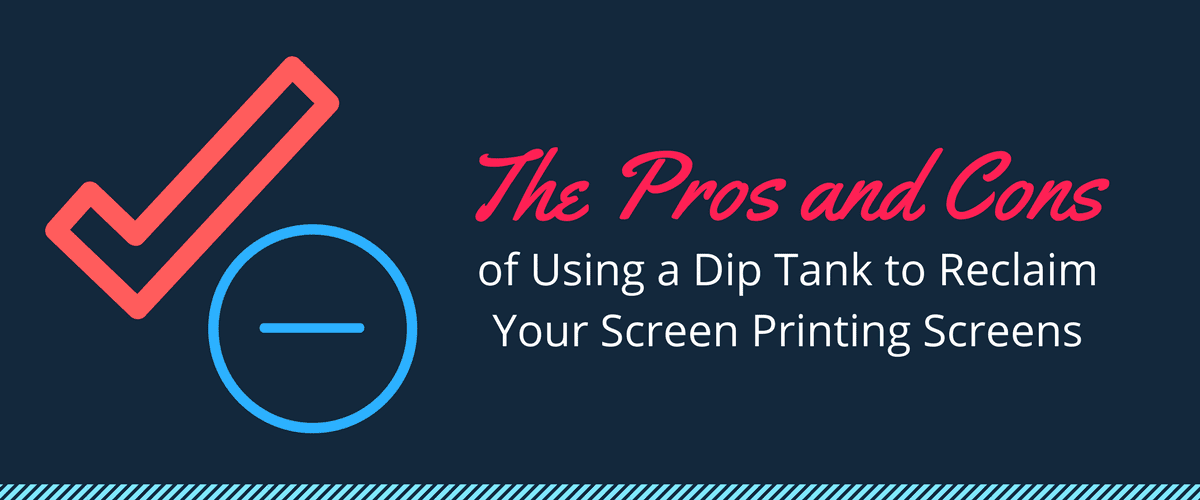
How do you reclaim your screens? This might be one of the least liked jobs in the entire screen printing shop, which leads most screen printers to explore all screen cleaning options. If you’ve undertaken the search for the best way to reclaim your screens, you’ve likely come across the controversial dip tank. Some screen printers love them, touting them as time and supply savers, while other screen printers warn against them, saying they waist chemicals and produce hazardous waste.
Читать далее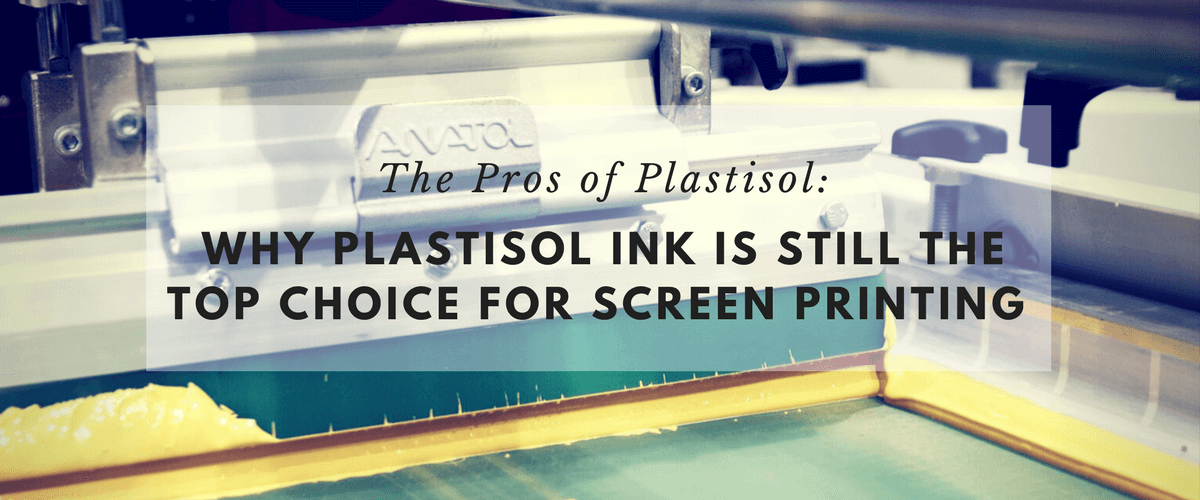
Plastisol ink transformed the screen printing industry when it was introduced to the market in the 1970s. Since then, plastisol has become the industry standard. Why is plastisol ink so popular?
Читать далееYour message was successfully sent!